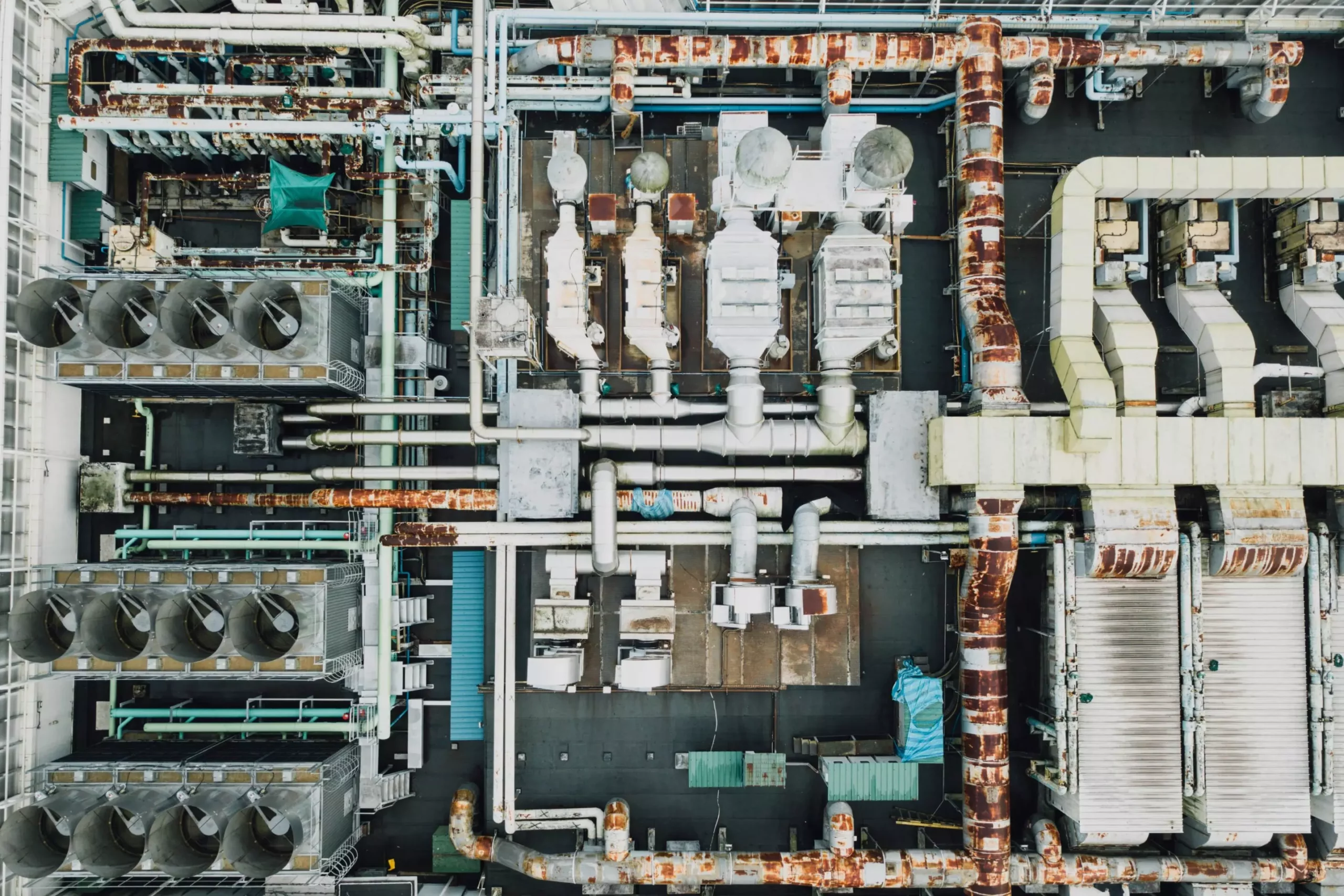At the forefront of technological innovation, the Interactive and Robotic Systems Lab (IRS) at Universitat Jaume I (UJI) in Castelló has made significant strides with the development of a cutting-edge mobile manipulator robot. This lightweight and modular robot is designed not only for efficiency but also for reconfigurability, making it an ideal candidate for challenging inspection tasks in hazardous environments. The impetus behind this advancement lies in the quest to protect human health while maintaining operational effectiveness in complex scenarios.
The robot’s primary application involves the inspection of plastic pipes utilizing probing techniques and artificial vision. By honing in on areas such as particle accelerators and nuclear power plants, it promises to mitigate risks traditionally faced during human inspections in dangerous settings. Furthermore, the technology extends its utility to other demanding environments, including those associated with healthcare or infectious disease, thereby reinforcing its versatility in various sectors.
Central to the robot’s operational framework is the integration of a remote control station that leverages advanced 3D perception capabilities. The system employs modular multi-device 3D simulation software, creating a digital twin for operator training. This innovative feature allows operators to gain valuable experience in a simulated environment, thereby enhancing their skills and confidence without exposing them to real-world risks. As a result, training programs can become more effective, ensuring that personnel are well-equipped to handle the robot in critical situations.
This groundbreaking project has emerged under the auspices of the European initiative “EU H2020 El-Peacetolero,” which aims to push the boundaries of polymer scanning methods. UJI’s collaborative efforts with eight other esteemed European universities and research centers highlight a concerted approach to research and development. These collaborations bolster the technology’s credibility while expanding its potential applications across borders.
The enhancements in software include the deployment of a Robot Operating System (ROS)-based server, which streamlines control across multiple clients tailored to meet varied operational demands. On the hardware side, improvements encompass wireless communication, localization techniques, and various vision devices—all engineered to enhance the robot’s mobility and energy efficiency. The emphasis on maintaining low production costs, alongside its open architecture, ensures the manipulator can adapt to meet specific needs while remaining accessible for further development.
UJI’s commitment to advancing technology is reflected in its initiatives through the Cooperation and Technological Development Office, as well as the Vice-Rector’s Office for Scientific Transfer. Their objective is to facilitate the seamless transfer of scientific and technological advancements to industry partners. By fostering collaborative agreements and licensing opportunities with private companies, the University aims not only to propel its innovations into real-world applications but also to enrich the pool of scientific, social, and humanistic knowledge shared across various fields.
The advancements realized at Universitat Jaume I represent a significant evolution in robotic technologies, particularly for tasks in hazardous environments. With its multi-faceted capabilities and commitment to collaboration, this modular manipulator robot is poised to redefine safety and efficiency standards in inspection processes globally.


Leave a Reply